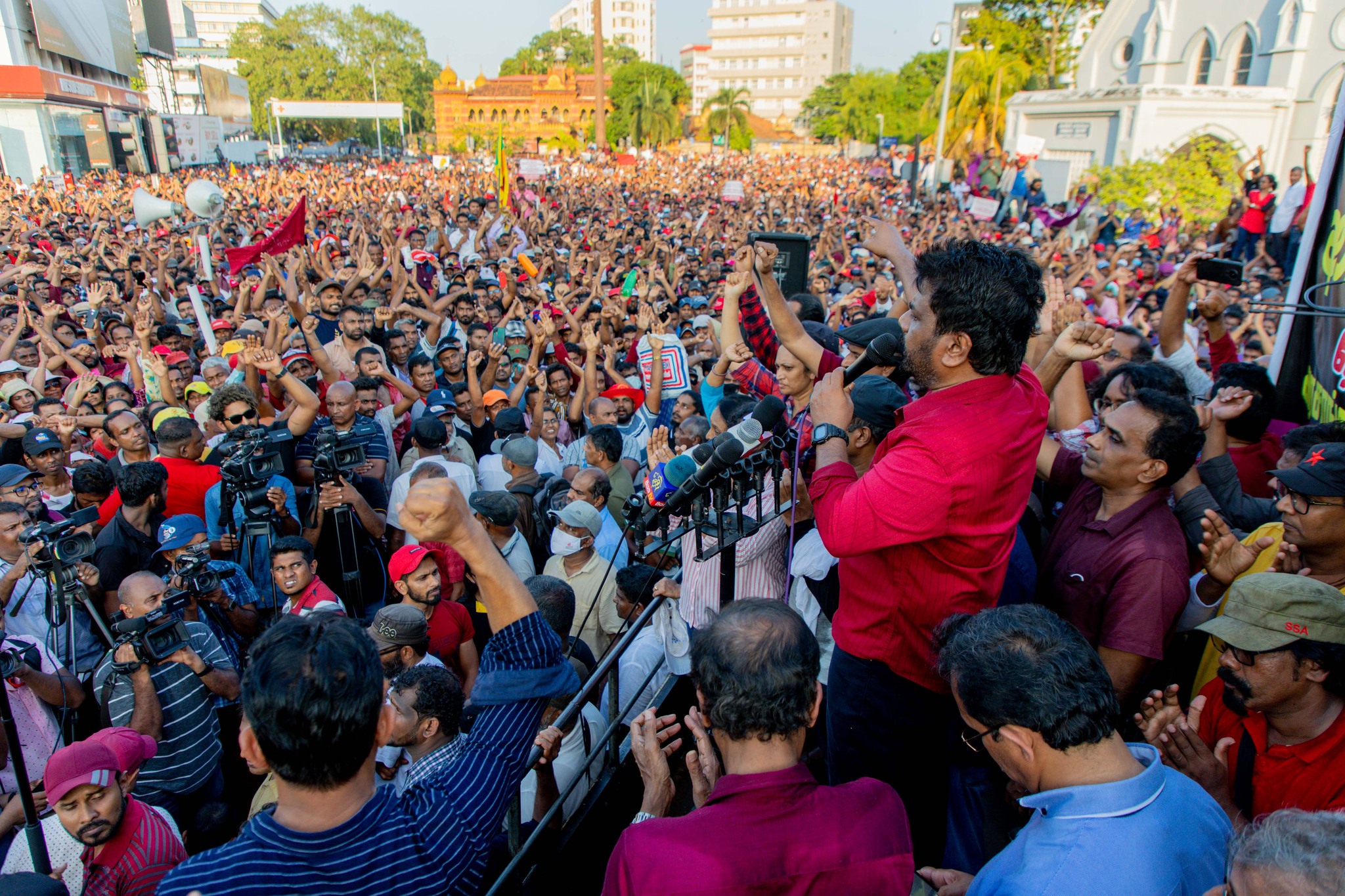In recent elections, Sri Lankan youth have demonstrated a remarkable shift in political engagement, rallying behind the National People’s Power (NPP) party. This movement signifies not just a desire for new leadership, but a collective yearning for systemic change and an anti-corruption political framework in a country long plagued by political disillusionment.
A Generational Awakening
The youth of Sri Lanka, representing a significant portion of the electorate, are increasingly aware of the political and economic challenges facing their nation. High unemployment rates, rising cost of living, and widespread corruption have sparked a sense of urgency among young voters. Many have grown disenchanted with traditional political parties, which they perceive as corrupt and ineffective. This disenchantment has fueled a quest for alternatives, leading them to embrace the NPP as a beacon of hope.
The NPP’s Appeal
The NPP, led by prominent figures like Anura Kumara Dissanayake, has positioned itself as a fresh and credible alternative. The party’s platform emphasizes transparency, accountability, and the need for systemic reform. Its commitment to eradicating corruption resonates deeply with a generation that has seen the consequences of mismanagement and graft firsthand.
Youth engagement with the NPP is characterized by a strong social media presence, mobilizing support through digital platforms. This tech-savvy demographic is adept at using online tools to share information, rally support, and critique the status quo. The NPP’s innovative approach to communication has further solidified its connection with young voters, who are eager for a political discourse that is inclusive and responsive.
Expectations for Systemic Change
The call for systemic change among the youth is not just about new faces in politics; it reflects a desire for a complete overhaul of the existing political framework. Young voters are advocating for reforms that promote good governance, enhance democratic processes, and ensure social justice. They seek policies that address pressing issues such as climate change, education reform, and economic opportunities.
The enthusiasm around the NPP symbolizes a broader movement toward political consciousness. It highlights the importance of civic engagement among youth and their capacity to influence the future of Sri Lanka. By voting for the NPP, they are signaling their readiness to challenge entrenched power dynamics and demand accountability from their leaders.
Challenges Ahead
While the youth’s shift to the NPP represents a significant moment in Sri Lanka’s political landscape, challenges remain. The path to systemic change is fraught with obstacles, including resistance from established political entities and the complexities of coalition governance. Moreover, sustaining the momentum of youth engagement requires ongoing efforts to keep the electorate informed and involved.
The decision of Sri Lankan youth to support the NPP reflects a transformative moment in the country’s political narrative. Their vote is a powerful statement against corruption and a demand for a more equitable and transparent system. As they navigate the complexities of political change, the resilience and commitment of this generation will be crucial in shaping a future that aligns with their aspirations for a better Sri Lanka. The NPP’s success will ultimately depend on its ability to translate the hopes of young voters into tangible reforms that foster trust and accountability in governance.
M N M Nowras
Social Activist, Media Advocate


